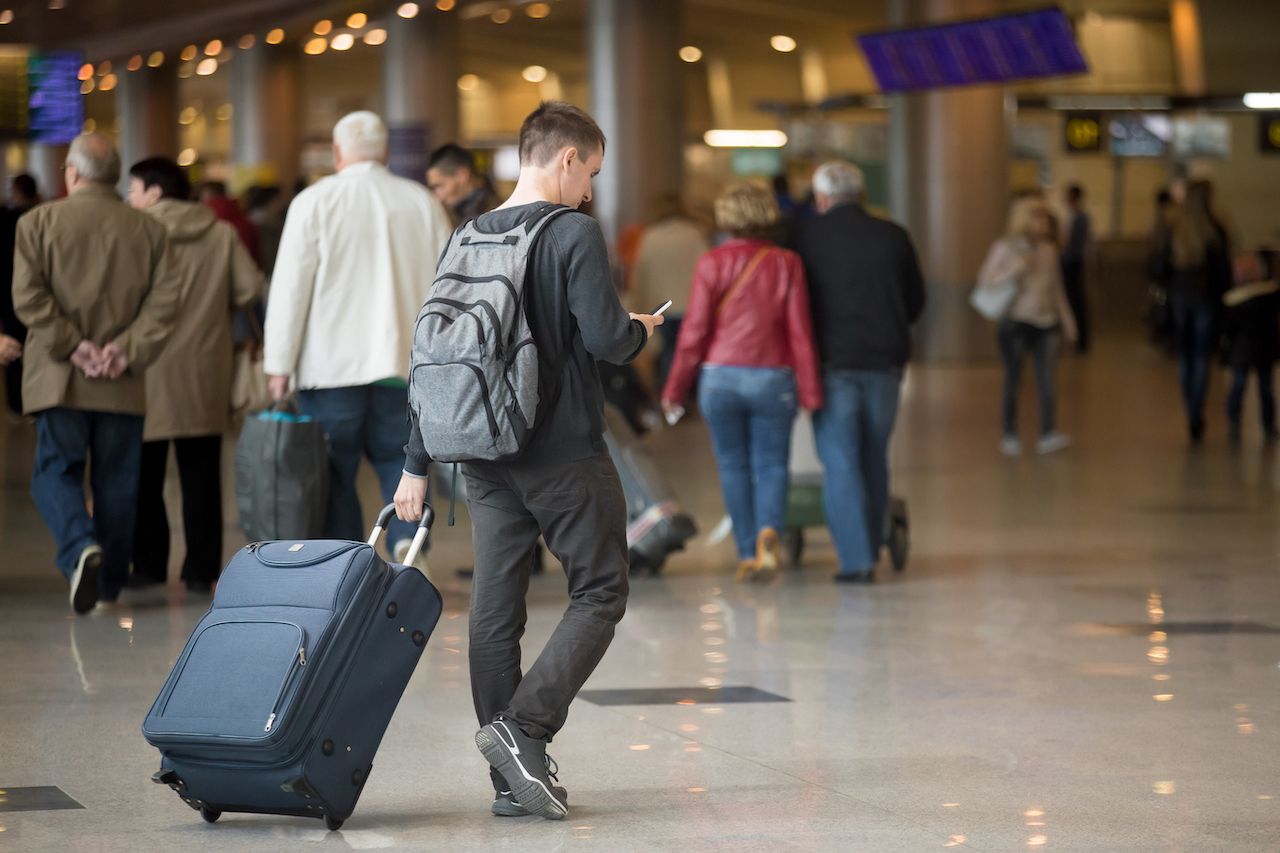There’s never been a better time to work abroad. That much is clear from the digital nomad visas that keep popping up, as well as the incentives that destinations are offering to remote workers in places like Arkansas, Iceland, Dubai, and everywhere in between.
While remote work — both domestic and abroad — was on the horizon for many whose work revolves around computers rather than services, the pandemic has quickened the pace. Zoom has become a mainstream work tool, and the thought of getting 100 percent dressed for the day has faded into memory. Finding ways to be productive from home, or wherever home is for the time being, has never been easier.

